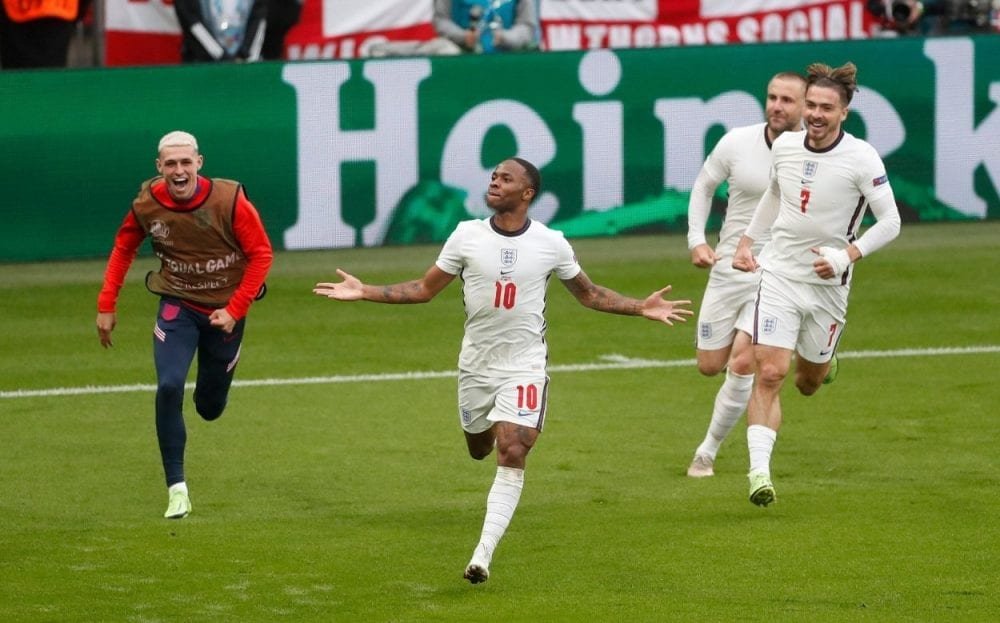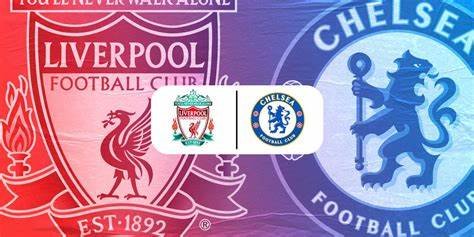The rivalry between England and Germany transcends the realms of football, delving into history, culture, and geopolitics. As two of Europe’s football powerhouses, their encounters on the pitch have always been laden with intensity, drama, and legacy.
From historic World Cup battles to nail-biting European Championship clashes, every England vs. Germany matchup is a spectacle eagerly awaited by fans worldwide.
The Historical Backdrop:
The historical backdrop of the rivalry between England and Germany is deeply rooted in the complex tapestry of European history. While football matches between the two nations have become emblematic of their rivalry, it is impossible to separate their sporting encounters from the broader historical context that has shaped their relationship.
One of the defining moments in the history of the England-Germany rivalry is the aftermath of World War II. The war, which ravaged Europe and claimed millions of lives, left an indelible mark on both nations. Germany’s role as the aggressor in the conflict and the devastation wrought by the war fostered deep-seated animosity and resentment among Allied nations, including England.
The rivalry between England and Germany was further fueled by the iconic “Wembley Goal” in the 1966 FIFA World Cup Final. Geoff Hurst’s controversial goal, which gave England a 3-2 lead over West Germany, remains a subject of debate and contention to this day. The match, played at Wembley Stadium in London, symbolized England’s triumph over its former wartime foe and fueled the flames of rivalry between the two nations.
Beyond football, historical tensions and cultural differences have also influenced the England-Germany rivalry. The ideological divide between the capitalist West and the communist East during the Cold War era added another layer of complexity to their relationship. While West Germany emerged as a powerhouse in European football, East Germany’s sporting achievements were often overshadowed by political tensions with the West.
Despite efforts to overcome their historical differences and foster reconciliation in the post-war era, the specter of history continues to loom large over the relationship between England and Germany. Football matches between the two nations serve as symbolic battlegrounds where historical grievances and national pride collide.
World Cup Showdowns:
England and Germany have faced each other in several World Cup tournaments, each encounter etching its mark in the annals of football lore. Memorable clashes include the 1990 World Cup semi-final, where Germany edged past England in a penalty shootout, and the 2010 round of 16 match, which saw Germany triumph 4-1, shattering English hopes once again.
European Championship Battles:
In the UEFA European Championship, England and Germany have crossed paths in thrilling encounters that have captivated fans worldwide. The 1996 semi-final at Wembley Stadium stands out, with Germany prevailing on penalties, inflicting heartbreak on the English faithful. Similarly, the 2000 edition witnessed a dramatic showdown, ending in a 1-0 victory for Germany.
Key Players and Tactical Battles:
The clashes between England and Germany are not merely battles of nations but also duels between some of the finest football talents. From Bobby Charlton and Franz Beckenbauer to Wayne Rooney and Miroslav Klose, these matches have featured iconic players who have left an indelible mark on the sport. Tactical masterstrokes and strategic battles on the field often determine the outcome of these high-stakes encounters.

Off-Field Tensions and Cultural Dynamics:
Beyond the football pitch, the rivalry between England and Germany is shaped by historical tensions, cultural differences, and geopolitical rivalries. While football serves as a platform for national pride and sporting glory, it also reflects broader societal narratives and historical legacies, adding layers of complexity to each match between these two nations.
The Impact on Fans and Nations:
For fans on both sides, England vs. Germany matches evoke a rollercoaster of emotions – from euphoria to despair, elation to heartbreak. These games transcend sport, becoming symbolic representations of national identity and pride. The outcome of a match between England and Germany can resonate far beyond the confines of the football pitch, influencing national morale and shaping collective memories for generations to come.
Looking Ahead:
As England and Germany prepare to renew their storied rivalry in future tournaments, anticipation mounts among football enthusiasts worldwide. With new generations of players ready to write their own chapters in this enduring saga, the stage is set for yet another thrilling installment of one of football’s greatest rivalries.
FAQs
When did the rivalry between England and Germany begin?
The rivalry between England and Germany has deep historical roots, dating back decades. While football matches between the two nations have fueled the rivalry, broader historical events, including World War II, have also played a significant role in shaping the dynamic between England and Germany on and off the football pitch.

What are some memorable moments from past England vs. Germany matches?
Several moments stand out in the history of England vs. Germany football encounters. The “Wembley Goal” in the 1966 World Cup Final, where England claimed victory, remains iconic. Other memorable clashes include the 1990 World Cup semi-final and various UEFA European Championship matches, each leaving its mark on football history.
Who are some of the key players in the England vs. Germany rivalry?
Over the years, the rivalry between England and Germany has featured legendary footballers on both sides. From Bobby Charlton and Franz Beckenbauer to Wayne Rooney and Miroslav Klose, these players have defined eras and left indelible impressions on the rivalry through their performances on the pitch.
How do cultural dynamics and historical tensions impact the England vs. Germany rivalry?
Beyond football, the rivalry between England and Germany is influenced by broader cultural dynamics and historical tensions. Events such as World War II and cultural differences shape the perceptions and attitudes of fans and players, adding depth and complexity to each match between the two nations.
What is the significance of England vs. Germany matches for fans and nations?
Matches between England and Germany evoke strong emotions among fans and hold significant symbolic value for both nations. Beyond sporting rivalry, these matches serve as platforms for national pride and identity, reflecting broader societal narratives and historical legacies.
What can we expect from future England vs. Germany encounters?
As two of Europe’s football powerhouses, England and Germany are likely to continue their storied rivalry in future tournaments. With new generations of players emerging and the legacy of past encounters fueling anticipation, each match between England and Germany promises to be a spectacle eagerly awaited by football enthusiasts worldwide.
The rivalry between England and Germany transcends the boundaries of sport, weaving together history, culture, and national pride. Each encounter between these two footballing titans is imbued with significance, carrying the weight of decades of rivalry and historical legacy.
As fans eagerly await the next chapter in this storied rivalry, one thing remains certain – whenever England and Germany meet on the football pitch, the world watches with bated breath, ready for another chapter in this timeless saga.
To read more, Click here



